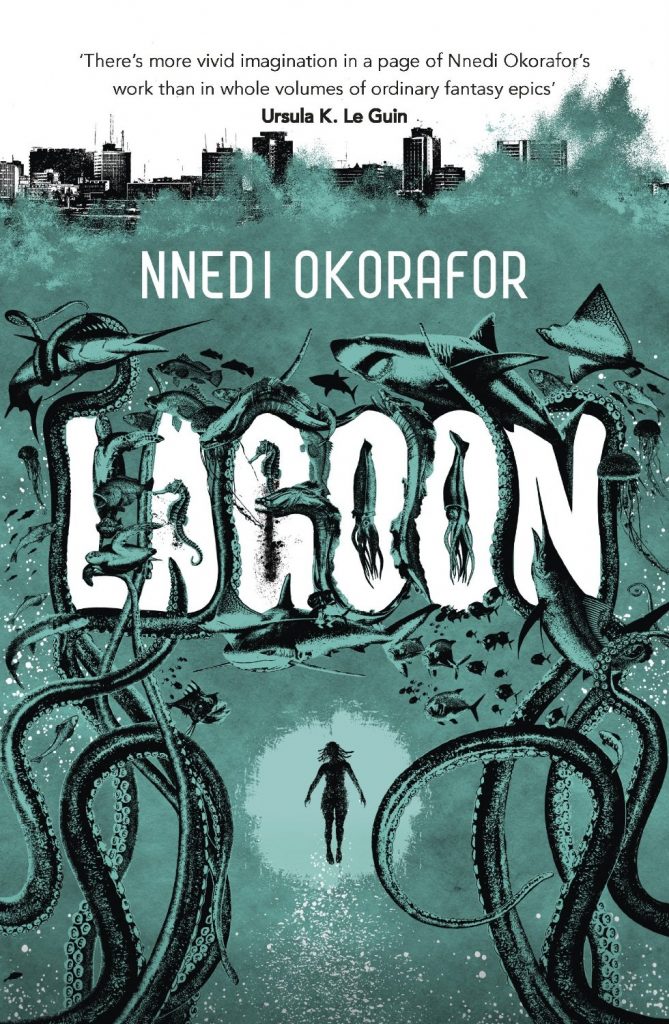

Above all, the novel is a love letter to Lagos, even if Okorafor's idiosyncratic method of expressing her love involves unleashing the destructive chaos of an alien invasion on the city.Ĭhaos becomes the ruling trope of the narrative-"if there is one city that rhymes with 'chaos,' it is Lagos," muses one of Okorafor's characters (p. Lagoon does not take Lagos for its setting as some kind of symbolic space for the meeting of humanity with an alien species in a newly "flat" twenty-first-century world: the novel is decidedly concerned with how an alien invasion might affect Nigeria itself, and nowhere else. Okorafor gives us a fresh angle on first contact by instead imagining the alien invasion in Lagos, Nigeria, one of the most populous cities in the world nevertheless located in one of the world's most marginalized regions, West Africa.

In the former sort of narrative, the massive scale of the destruction visited on a global city metonymically dramatizes the overwhelming effects of alien invasion on all of humanity, while, in the latter, a tight focus on a closely knit community or domestic space can operate similarly to universalize the human drama of extraterrestrial contact. In science fiction, the familiar dynamics of extraterrestrial contact and/or invasion tend to play out in one of two spaces: either in a world metropolis-London, New York, Tokyo, L.A.-or in a quiet, isolated location, perhaps a lonely farmhouse, backwoods cabin, or small rural town. Much of what is original, exciting, and important about Nnedi Okorafor's new version of the old alien invasion narrative is a function of its setting.


 0 kommentar(er)
0 kommentar(er)
